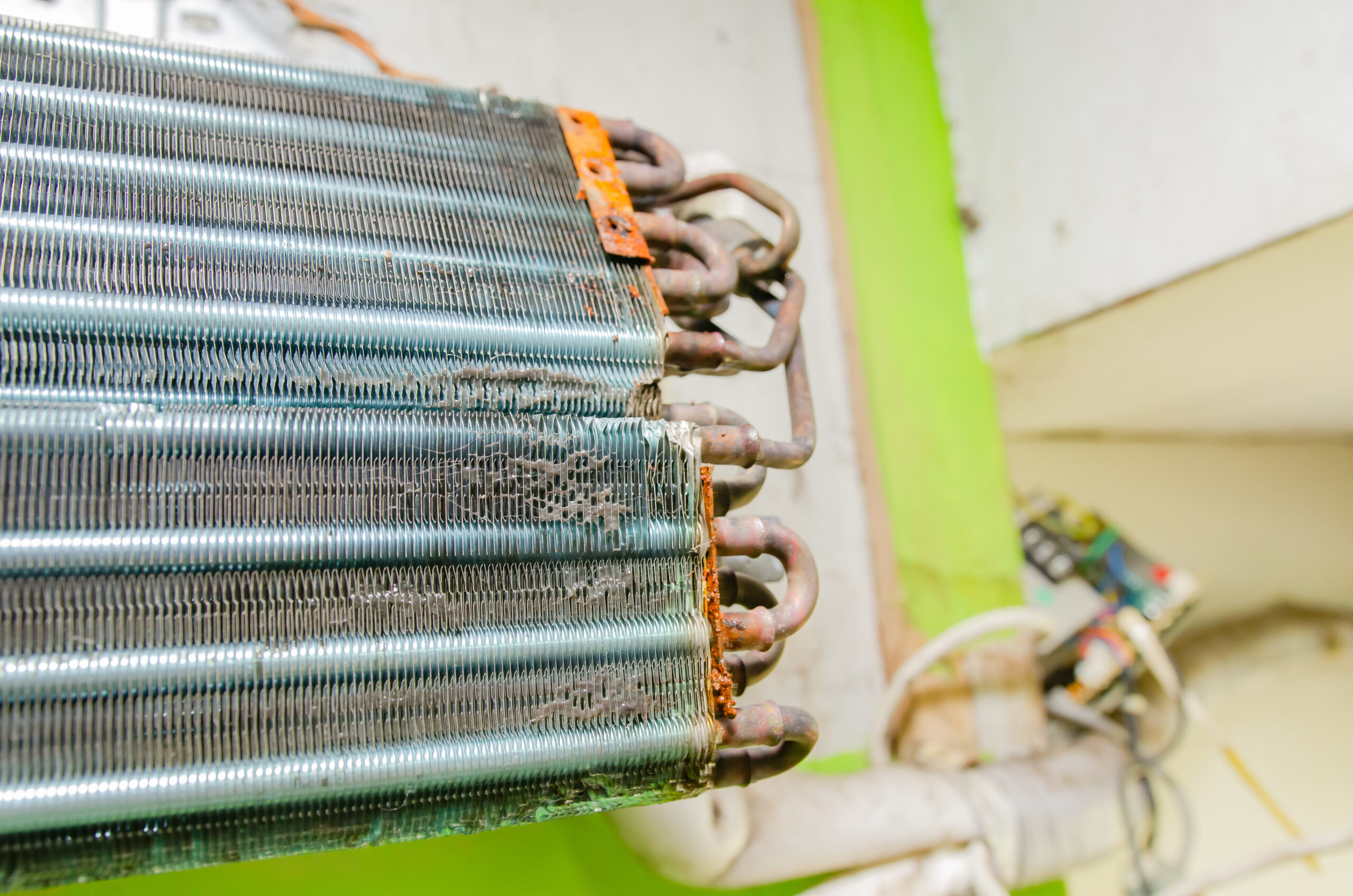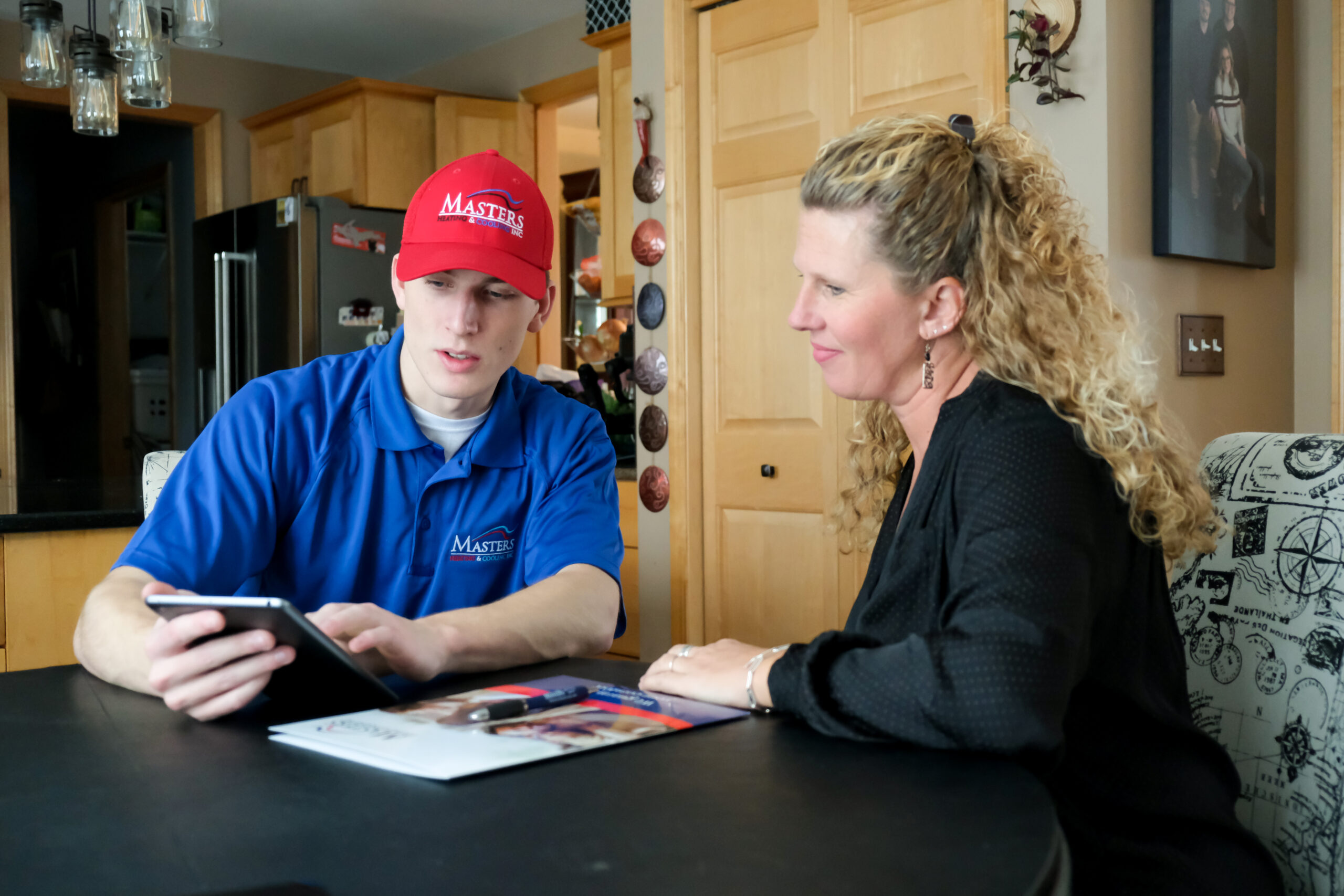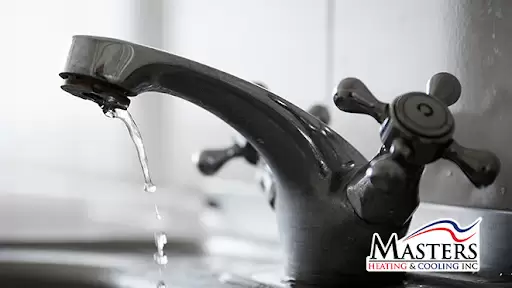Prevent Fires With This Safe Heating Guide
Nothing beats a toasty house on a warm day but not at the expense of safe heating. Your favorite heating solutions could be putting you at risk right under your nose.
A recent report from the National Fire Protection Association found that firefighters had responded to 358,300 house fires every year over a 4-year period. On a daily basis, at least seven people in the U.S. died in house fires every day between 2010 and 2014.
We tell ourselves it could never happen to us, but heating mistakes are a leading cause of house fire-related deaths in the U.S. We’re especially vulnerable during winter as 50% of all home fires are reported in December, January, and February.
So it’s time to get serious about heating fire safety once and for all.
Starting today, follow this essential guide to drastically decrease your risk of house fires.
Keep Your Heaters Clean
Seemingly simple mistakes can bring major consequences, even fatal ones.
One of the most easily overlooked tips for safe heating is keeping your heaters clean. According to additional findings from the NFPA, dirty heaters are the #1 contributor to heater-related home fires.
If it’s been awhile since your heater had a good cleaning, take action today with these quick cleaning tips for cleaning your heaters:
Tips For Cleaning Electrical Heaters
- Make sure your heater is powered off and cooled off before cleaning.
- Use microfiber-based dusters and cleaning wipes to remove any dust from the surface and outside vents of the heater.
- If your heater has a removable cover, go ahead and remove it to get rid of any inside dust and trapped flammable debris like pet fur, paper, and lint.
- You may want to consider investing in an air-compressed duster for maximum dirt and dust removal.
- For floor-level electrical heaters, you can even use your vacuum nozzle to loosen and remove even more dust and debris.
Safe Heating Cleaning Tips For Your Furnace
If you use a central heating system powered by a furnace, make sure to bookmark the following tips to keep your furnace clean year-round:
- Make sure your gas and power are completely shut off before opening any furnace compartments.
- Use slightly dampened cloth, microfiber dusters, and your vacuum nozzle to clean the inside parts of your furnace.
- Toothbrushes also make great tools for getting inside those small nooks and crannies in your furnace too.
- Remove and clean your filters if washable and replace non-washable filters as needed if they’re dirty and clogged with debris.
- Check in on your furnace at least once or twice per year.
- Call your local HVCC maintenance service to clean, repair, and upgrade your furnace to ensure maximum safety for your central heating system.
Safe Heating Tips For High-Risk Heaters
We touched on electrical heaters in our cleaning tips above. However, it’s critical to point out that portable, fixed, and electrical space heaters account for 33% heater-related fires and more than 80% of all home fire fatalities during winter.
If you do choose to use a portable heater, do not proceed without reading the following safe heating guidelines from Electrical Safety Foundation International (ESFI):
- Make sure your portable space heater has a label indicating that it’s been laboratory-tested.
- Carefully read all manufacturer warnings before installation.
- Look for loose or frayed wiring, damaged power cords, and defective plugs.
- Never leave a space heater on when no one is home, and never leave a space heater on unattended with just minor children or pets present.
- Do not use your portable space heaters to warm up food, bed sheets, or any other flammable materials.
- At a very minimum, keep your space heaters at least three feet away from any flammable materials in your home.
- Do not let your pets play in close proximity to portable heaters.
- Avoid power strips at all times and make sure your space heater is plugged directly into your wall. Overloaded power strips can cause overheating and increase your risk of home fires.
- Always keep your heater unplugged when it’s not in use.
- Keep your heaters on the ground without carpeting.
Always update yourself on the latest portable heater safety tips to ensure maximum fire protection during winter.
Fireplaces And Wood-Burning Stove Heaters
Next to portable space heaters, fireplaces and wood burning stoves are two more high-risk heaters to be aware of.
According to the Consumer Product Safety Commission, there were more than 22,000 wood-burning and chimney-related houses fires every year over a three-year period. Of those related house fires, an average of 20 people died each year.
If you enjoy warm nights by the fireplace, make sure to save these top 5 safe heating tips from the Hearth, Patio and Barbeque Association (HPBA):
- Schedule an annual inspection and professional cleaning for your fireplace or wood-burning stove.
- Install a chimney cap to prevent flammable debris and animals from blocking your chimney.
- Make sure you have several smoke and carbon monoxide detectors installed throughout your home.
- Keep a fire extinguisher in the home whenever your fireplace is in use.
- Keep all flammable materials at least 2-feet away from your fireplace or wood-burning stove.
Install Smoke Alarms That Work
#3 on our fireplace safety list is a big one.
Smoke alarms are a necessity for safe heating, and the last thing you want is for them to come up short when you need them most.
60% of all home fires between 2011 and 2013 were found to have faulty smoke alarms, or worse, none at all. At least 25% of these faulty smoke alarms failed because of faulty or dead batteries, while 46% were discovered to have missing or disconnected batteries.
It’s important to make smoke alarms a part of your central heating safety plan, so check your smoke alarms right now to ensure they’re powered on and functioning properly.
More Safe Heating Tips To Prevent Home Fires
The safety consequences of faulty home heating cannot be ignored.
In addition to this safe heating guide, remember these quick safe heading tips you can’t afford to ignore:
- Never use candles to heat your home, and never leave them unattended near your children or pets.
- Do not use your kitchen stove to heat your home.
- Make sure your heated appliances have auto shut-off capabilities.
- During the day, heat your home safely by letting natural sunlight flood in through your south-facing windows.
- Safely and efficiently heat your home with an EPA-approved geothermal heating solution.
We’re serious about your home heating safety and urge you to keep a copy of this guide on-hand.
Check back often for the latest tips for heating your home safely and efficiently throughout the year.
Request Service

Why Choose Masters Heating & Cooling?
Northeast Indiana's HVAC & Plumbing Experts
- Licensed, insured & NATE-certified technicians
- Carrier Customer Specialist with experience servicing all brands
- Free estimates on replacement quotes
- Upfront pricing & financing options
- Background-checked technicians
- Military, veteran & senior discounts
- Serving Fort Wayne, Decatur, Greenwood & Indianapolis



